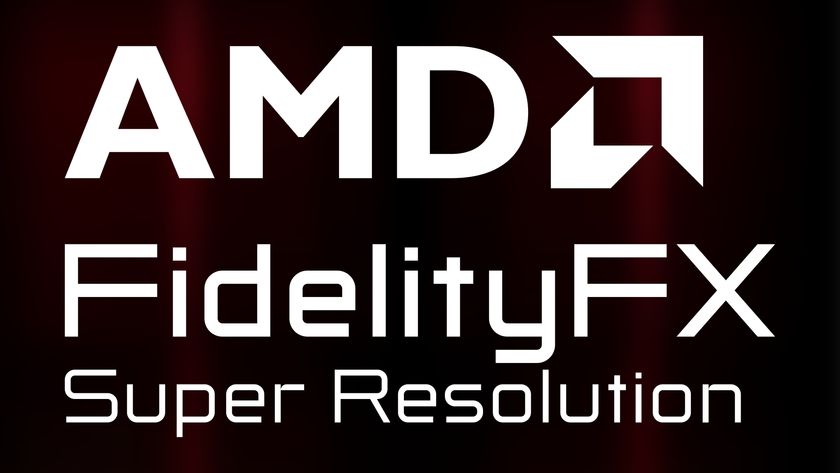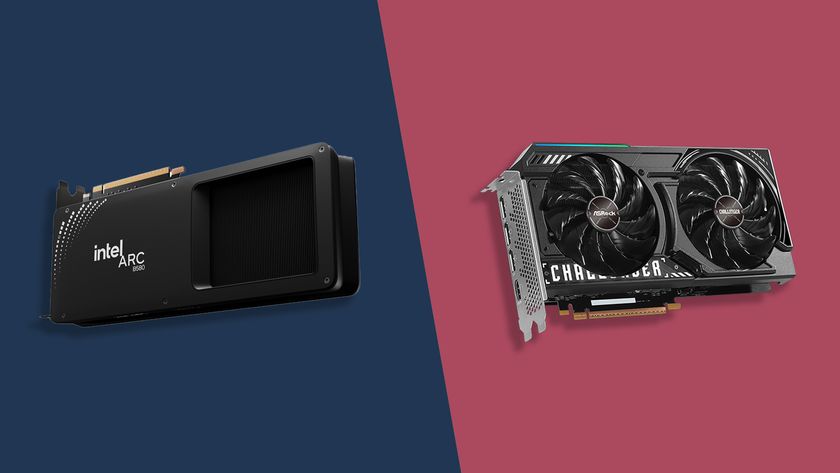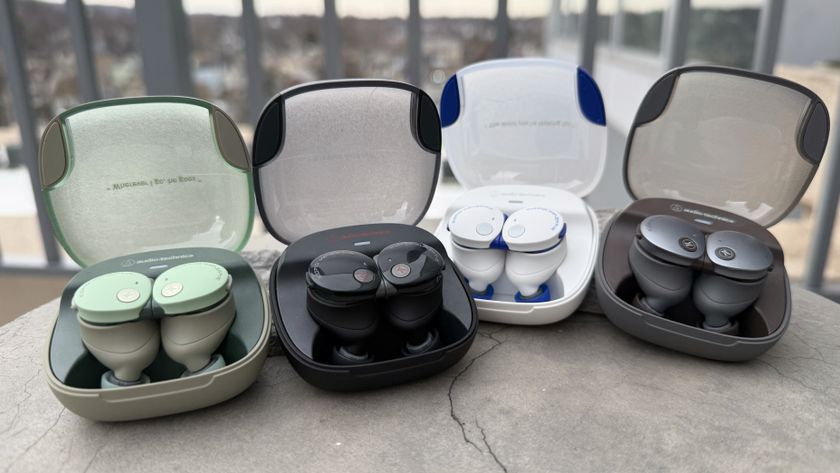Nvidia’s RTX graphics cards start racking up sales led by RTX 2060
According to the latest hardware report from Valve

It seems that Nvidia’s new RTX graphics cards are starting to gain some momentum in terms of sales, at least if the latest figures from the Steam hardware survey are anything to go by.
The March stats show that the most affordable of the RTX GPUs, the GeForce RTX 2060, has made the biggest monthly gain out of all the graphics cards being used by Steam gamers – and by a long way.
The RTX 2060 made a jump of 0.27% in March, which is 50% more than the card which made the second biggest gain in terms of user numbers, namely the GTX 1070 which showed a 0.18% increase.
- The Nvidia GeForce RTX 2080 Ti is the most powerful graphics card
- Best GeForce GTX 1660 Ti: which version is best for your PC?
- Find the best processor to pair with an RTX GPU
Before we get too carried away, though, the RTX 2060 actually only stands at 0.27% of the overall market – in other words, in the previous month of February, it held a negligible market share.
So, there’s still a long way to go, but this is a positive sign for Nvidia, and equally the gains made by the RTX 2070 and RTX 2080 will also be encouraging for the company.
The RTX 2070 actually made the fourth biggest gain of all graphics cards with an uptick of 0.15%, and the 2080 saw a 0.1% increase. Again, however, the total market share of these GPUs is relatively small, standing at 0.65% and 0.5% respectively.
To put that in perspective, the current king of the market, the GTX 1060, is used by 15.58% of Steam gamers, which is way ahead of the second-place GTX 1050 Ti on 9.68%, and the GTX 1050, which stands at 5.31%.
Get daily insight, inspiration and deals in your inbox
Sign up for breaking news, reviews, opinion, top tech deals, and more.
Remember that these are the top three performers, so the share that most GPUs hold is relatively thin, with a very diverse range of ownership when it comes to graphics cards. Incidentally, all of those three dropped market share this month, declining by 0.3%, 0.15%, and 0.03% in the case of the GTX 1060, 1050 Ti, and 1050 respectively.
Interestingly, the other last-gen Nvidia cards gained ground, with the fourth-placed GTX 1070 picking up 0.18%, and the GTX 1080 increasing by 0.07%, with the GTX 1080 Ti experiencing a 0.08% uptick – presumably given that falling prices of these outgoing cards are tempting gamers.
AMD’s well behind
AMD’s most popular card, the Radeon RX 580, only holds 1.1% of the market and is in 13th place according to Steam, although it did make an impressive 0.16% gain in March.
We’ve already heard plenty about AMD’s dwindling share in recent times in terms of the overall desktop GPU market, as gamers have seemingly lost patience waiting for the arrival of AMD’s new Navi GPUs (the Radeon VII not being nearly enough to tide them over).
Given this overall market picture, and the growth in the adoption of the new RTX cards highlighted here, Nvidia can doubtless expect sales to gather further momentum. Although while the RTX 2060 has made a big leap in particular, in March, it will be interesting to see whether its progress is at all impeded by the release of cheaper Turing cards (namely the new more affordable GTX models, headed up by the GTX 1660 Ti).
Whatever happens, it will all still be money flowing into Nvidia’s coffers, it would seem. Fingers crossed that AMD’s affordable Navi GPUs are indeed due to be launched soon – perhaps in July, following a Computex reveal at the end of May – as the rumor mill has it.
- These are the best graphics cards you can buy in 2019
Darren is a freelancer writing news and features for TechRadar (and occasionally T3) across a broad range of computing topics including CPUs, GPUs, various other hardware, VPNs, antivirus and more. He has written about tech for the best part of three decades, and writes books in his spare time (his debut novel - 'I Know What You Did Last Supper' - was published by Hachette UK in 2013).












